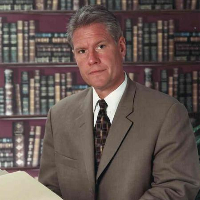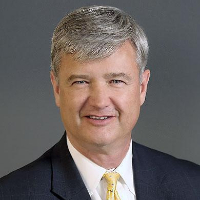Sycamore Misdemeanor Lawyer, Illinois
Philip R. Nathe
Criminal, DUI-DWI, Juvenile Law, Felony, Misdemeanor
DuPage County Criminal Defense Attorney
After starting his career in the criminal courts of DuPage County as a clerk more than 30 years ago, Philip Nathe went on to become an accomplished at... (more)
Scott F. Anderson
Criminal, DUI-DWI, Traffic, Felony, Misdemeanor
Illinois Criminal Defense Lawyer Fighting to Protect Your Rights
The Law Offices of Scott F. Anderson provides criminal defense representation throughout Cook County, Lake County, McHenry County and DuPage County. W... (more)
Eric J Blatti
Criminal, Traffic, DUI-DWI, Misdemeanor, White Collar Crime
Attorney Eric J. Blatti was born in the state of Illinois, specifically the Joliet area. He has since remained a part of the local community. Eric gra... (more)
Courtlan Lee Coppler
Commercial Real Estate, Real Estate, Family Law, Misdemeanor
Status: In Good Standing Licensed: 21 Years
Peter Andrew Buh
White Collar Crime, Misdemeanor, DUI-DWI, Criminal
Status: In Good Standing Licensed: 31 Years
Kevin Howard Talbot
DUI-DWI, Felony, Misdemeanor, Criminal
Status: In Good Standing Licensed: 27 Years
FREE CONSULTATION
CONTACTJohn Parisi
Family Law, Divorce, Divorce & Family Law, Misdemeanor
Status: In Good Standing Licensed: 18 Years





